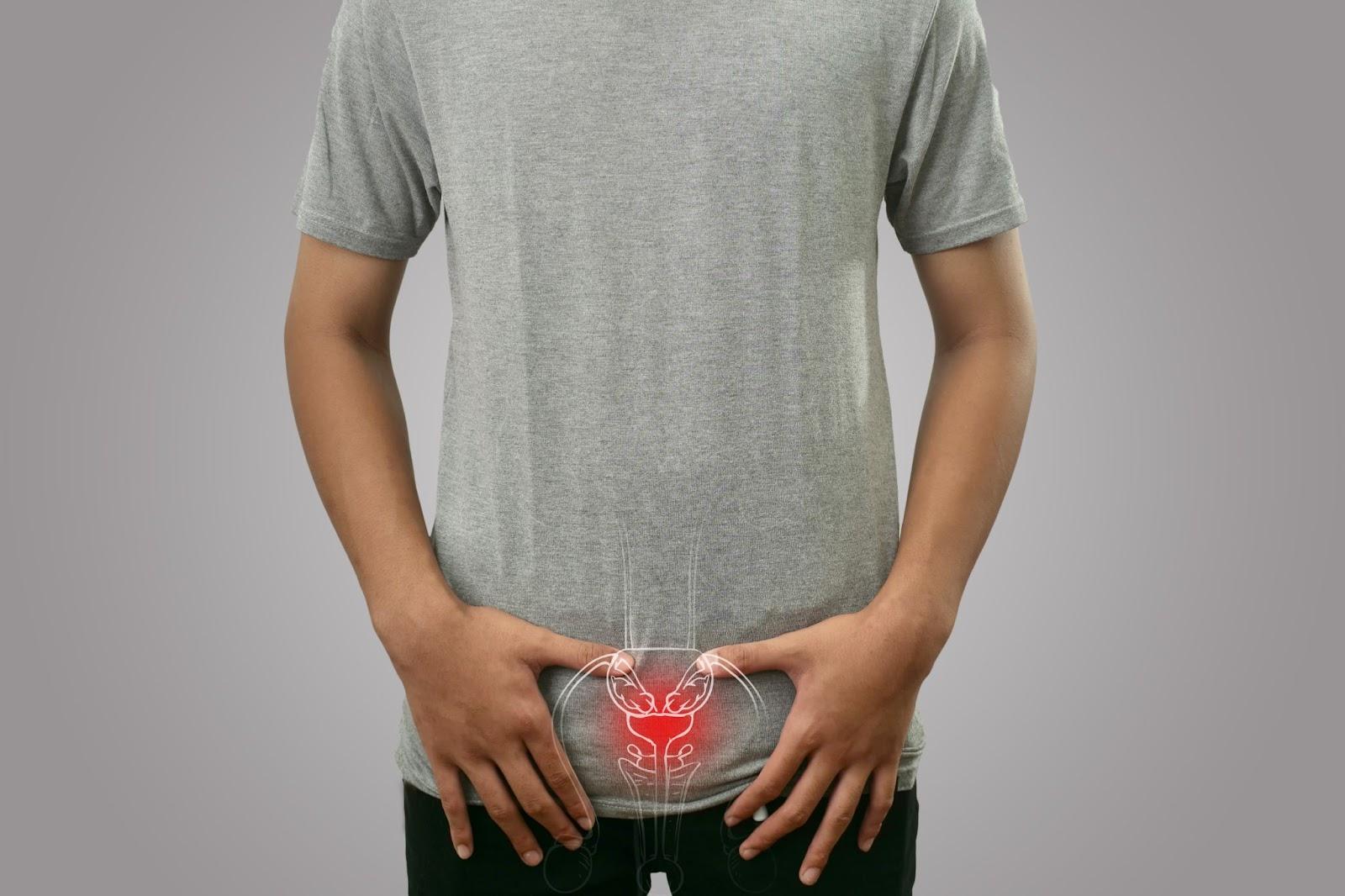Benign Prostatic Hyperplasia (BPH), also known as prostate enlargement, is a common condition affecting older men where the prostate gland grows in size. The prostate is a small, walnut-shaped gland located below the bladder, responsible for producing seminal fluid, which nourishes and transports sperm. As men age, the prostate gland often increases in size, which can lead to the compression of the urethra, the tube responsible for passing urine from the bladder out of the body.

Men over the age of 40 are more likely to experience BPH, with prevalence rising sharply after the age of 50.
Those with a family history of prostate problems are at a higher risk of developing BPH.
Men with chronic conditions such as heart disease or diabetes may have a higher likelihood of developing BPH.
Men with higher body mass index (BMI) are more likely to suffer from BPH due to increased inflammatory responses.
During your initial consultation, our healthcare expert will ask detailed questions about your symptoms, such as the frequency of urination, urgency, and whether you have difficulty starting or stopping urination. This helps us understand the impact BPH might be having on your daily life.
DRE is a quick, simple physical exam where we gently insert a gloved, lubricated finger into the rectum to feel the size and shape of the prostate. This allows us to detect any enlargement or abnormalities in the gland.
Our healthcare expert may perform a uroflowmetry test to measure how fast your urine flows. This non-invasive test can help identify any obstruction in the urethra caused by an enlarged prostate.
After you urinate, we use an ultrasound or a catheter to measure how much urine remains in the bladder. This test helps determine if your bladder is fully emptying, which is a common issue with BPH.
To rule out prostate cancer, we may order a PSA blood test. While elevated PSA levels can indicate BPH, they can also signal other prostate conditions, so this test is important in determining the best treatment pathway.
BPH cannot be completely cured, but symptoms can be effectively managed through medication, lifestyle changes, or minimally invasive treatments tailored to the individual’s needs.
Untreated BPH may lead to complications like urinary retention, bladder stones, bladder damage, and in severe cases, kidney damage, due to the strain on the urinary system.
No, BPH is a benign condition and does not increase the risk of prostate cancer. However, both conditions can produce similar urinary symptoms, so regular checkups are advised to rule out any risks.
Depending on the medication, it can take anywhere from a few days to up to six months for noticeable improvement in symptoms. Patients are encouraged to follow their doctor’s instructions and have regular follow-ups to assess effectiveness.
Yes, certain lifestyle adjustments—like reducing fluid intake in the evening, avoiding caffeine and alcohol, and incorporating regular exercise—can help alleviate mild BPH symptoms and improve bladder function.
A diet rich in fruits, vegetables, and healthy fats may support prostate health. Avoiding heavy intake of caffeine and alcohol may also reduce symptoms associated with BPH.